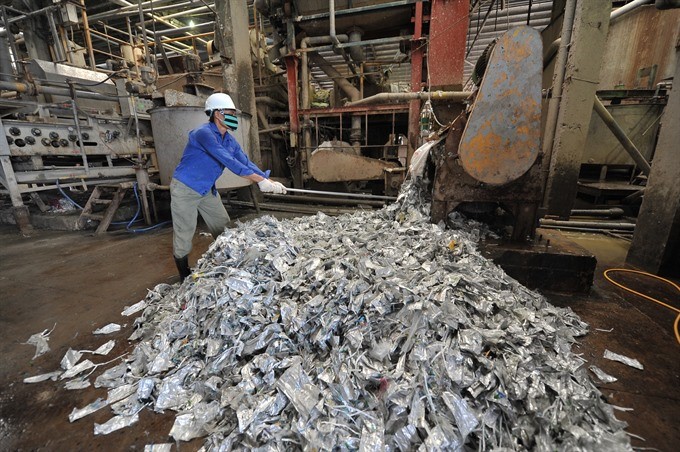

At China Aluminium Processing Industry Summit 2020, Racket Hu, Vice President of SMM, said the usage of recycled aluminium in place of primary metal would continue in the long term, given the advantages of recycling in terms of cost and environment-friendliness.

Speaking at the summit in Yantai, Hu noted that China’s demand for aluminium scrap would recover in the next decade. His prediction came just when Chinese aluminium users found their alternative in primary metal due to shortages of scrap and sharply lower primary aluminium prices on the back of the lockdown restrictions imposed by several countries outside China in late March.
According to SMM data, China's secondary aluminium casting plants increased their usage of primary aluminium to a ratio of 20 per cent from earlier 2 per cent, resulting in the hike in primary metal consumption by 22,000 tonnes per week.
However, from late April, they started switching to recycled aluminium as slow domestic demand pulled the prices of secondary alloy (ADC12) lower. Also, the premiums over A00 aluminium narrowed to levels that were too low to support such high consumption of primary metal.
In April, the extrusion sector had also replaced aluminium scrap with primary metal for the production of billets due to short supply of scrap. This boosted the consumption of primary aluminium in billets by nearly 5,000 tonnes a week and by 200,000 tonnes in the month.
Racket Hu expects alloy casting plants to remain the major consumer of aluminium scrap during 2021-2030. However, the proportion is estimated to fall as scrap is gaining back its popularity in the production of billets. Even the producers of aluminium sheets/plates, wire/ cables, and foil are likely to use scrap following technical advances.
Hu pointed out that although China now ranks as the world’s largest producer of recycled aluminium, its recycling industry is yet to achieve dominance over consumption. In 2019, recycled aluminium accounted for only 15 per cent of China’s total aluminium consumption, much lower than in the US and Japan.
Responses








